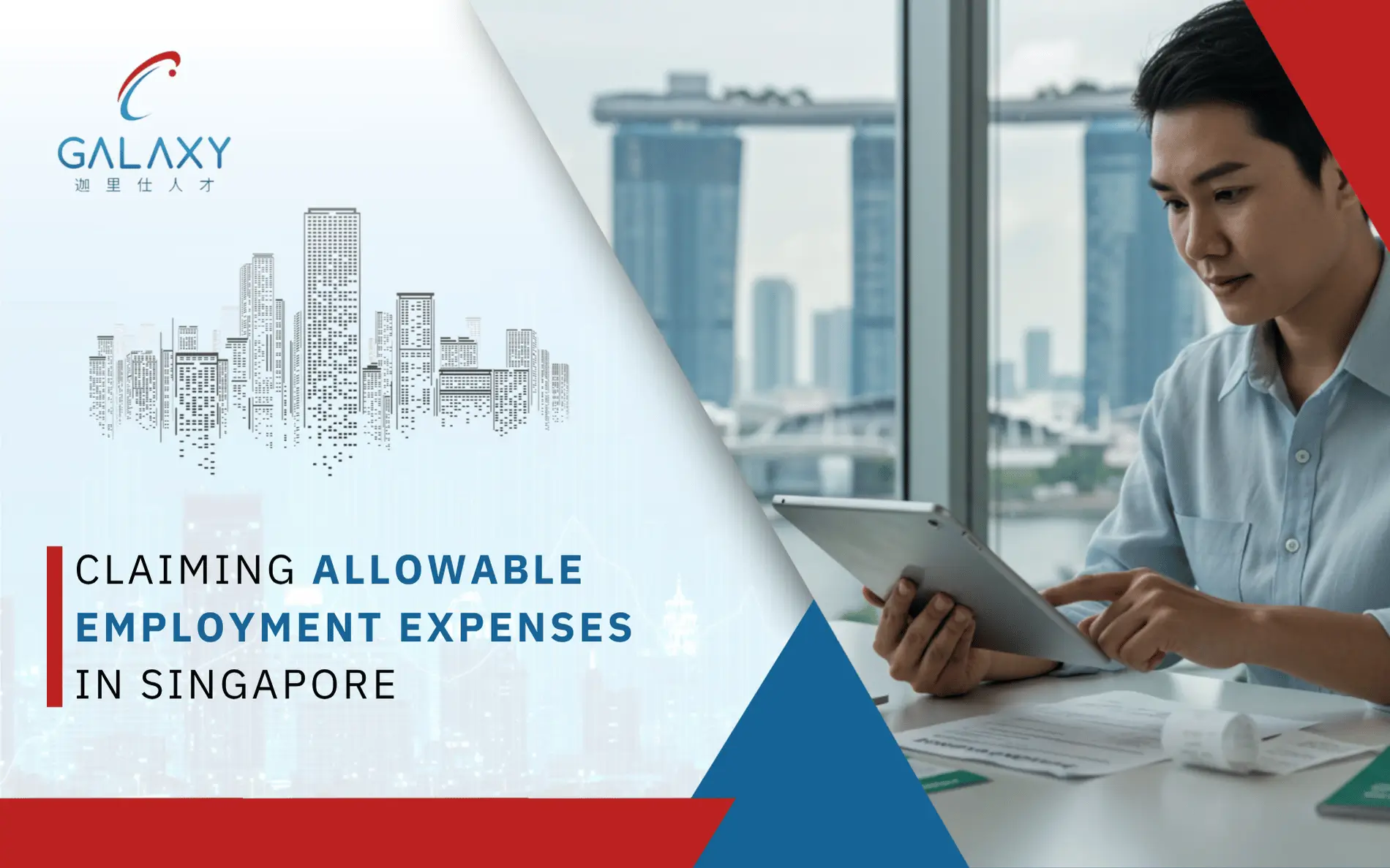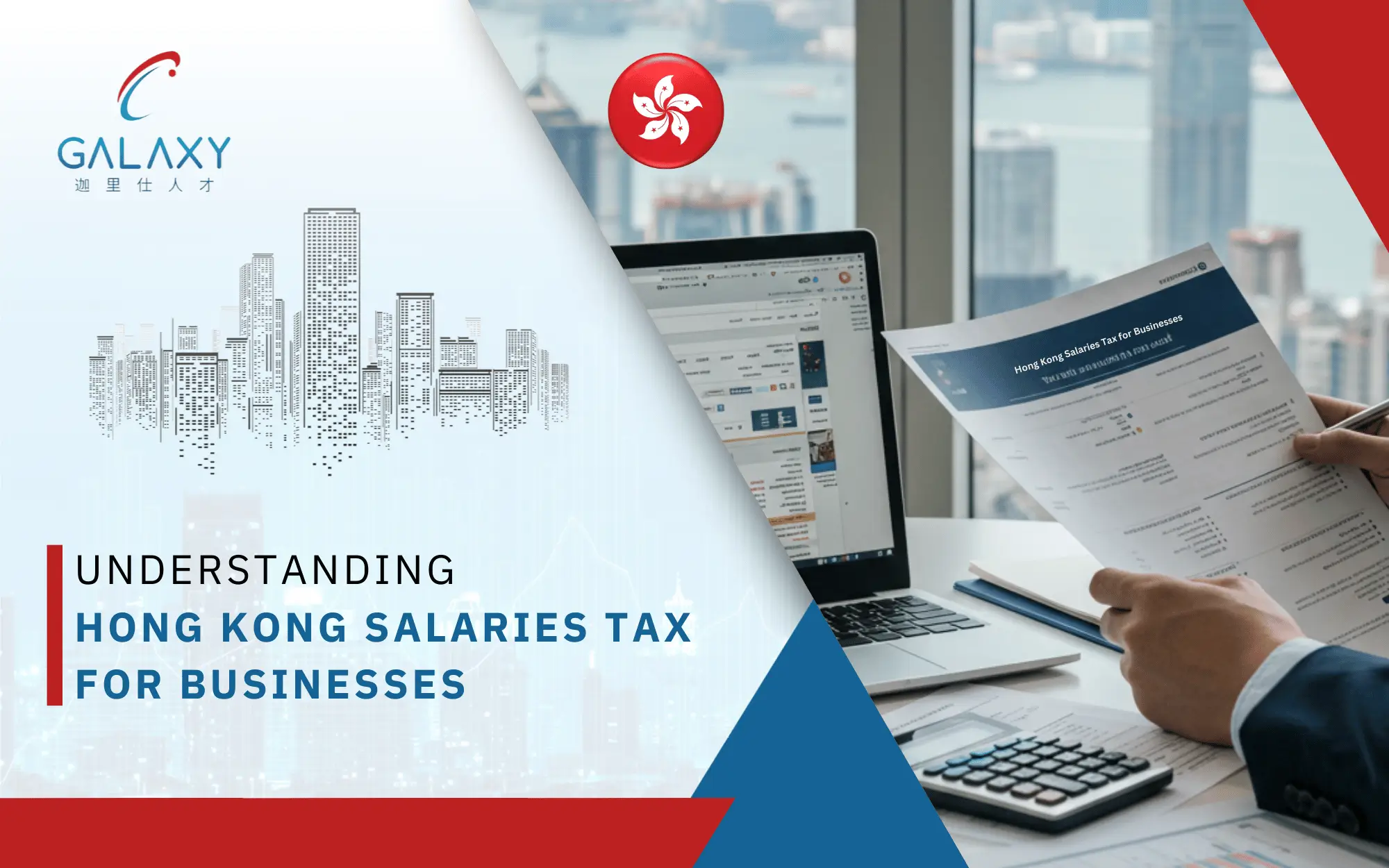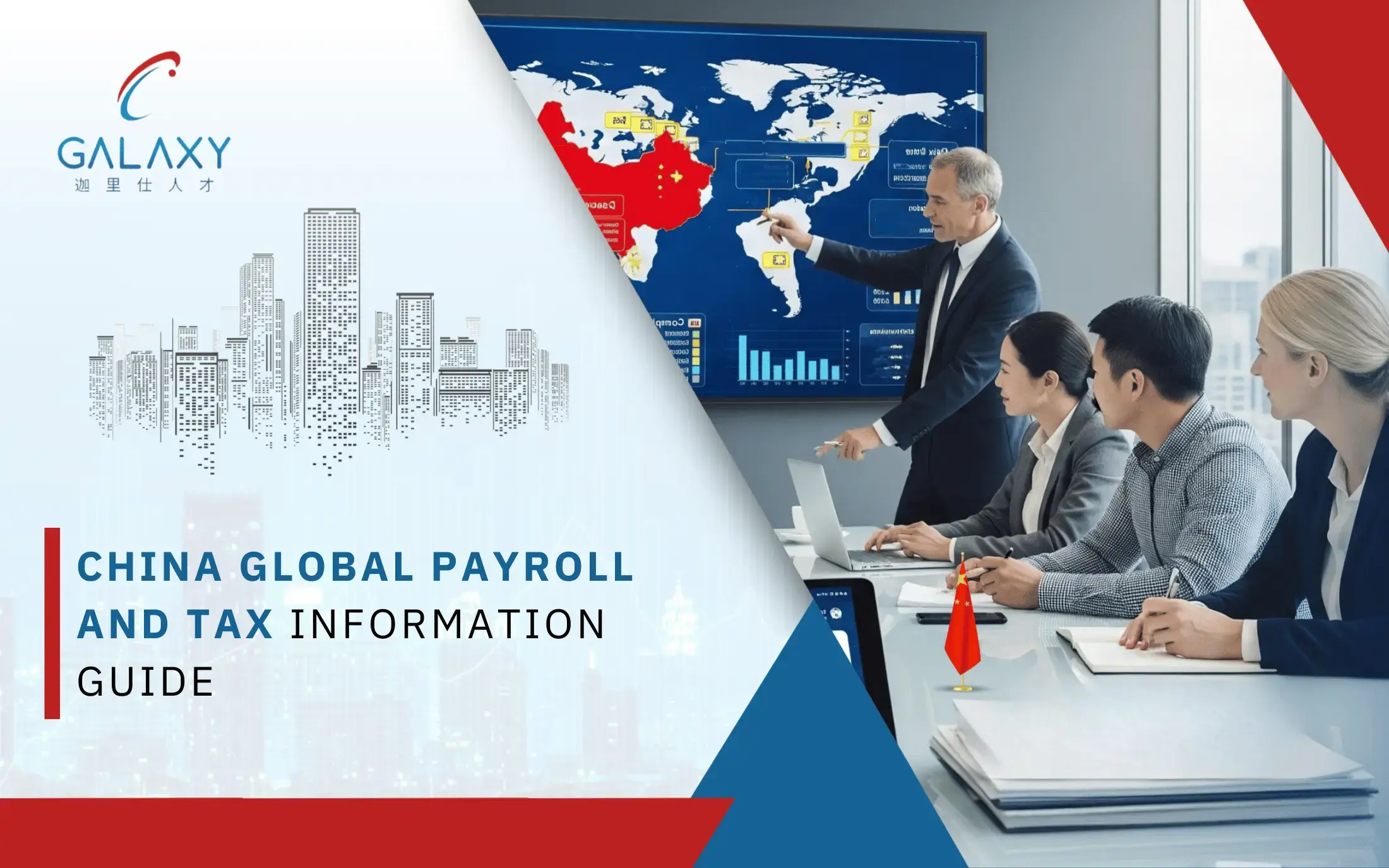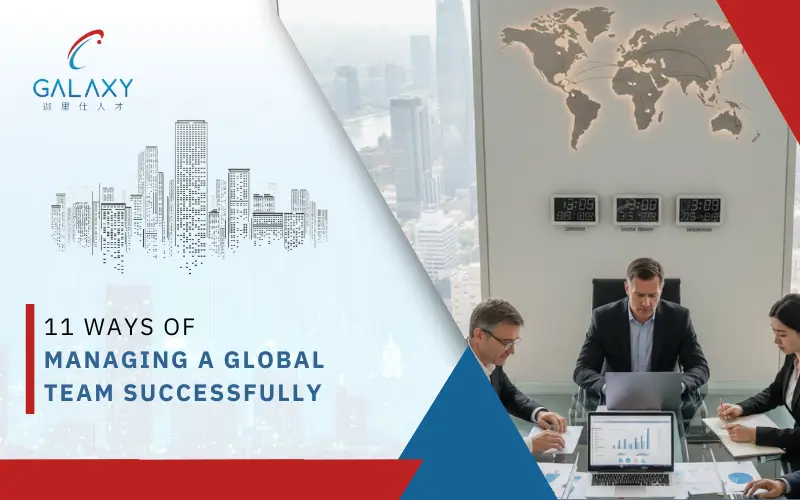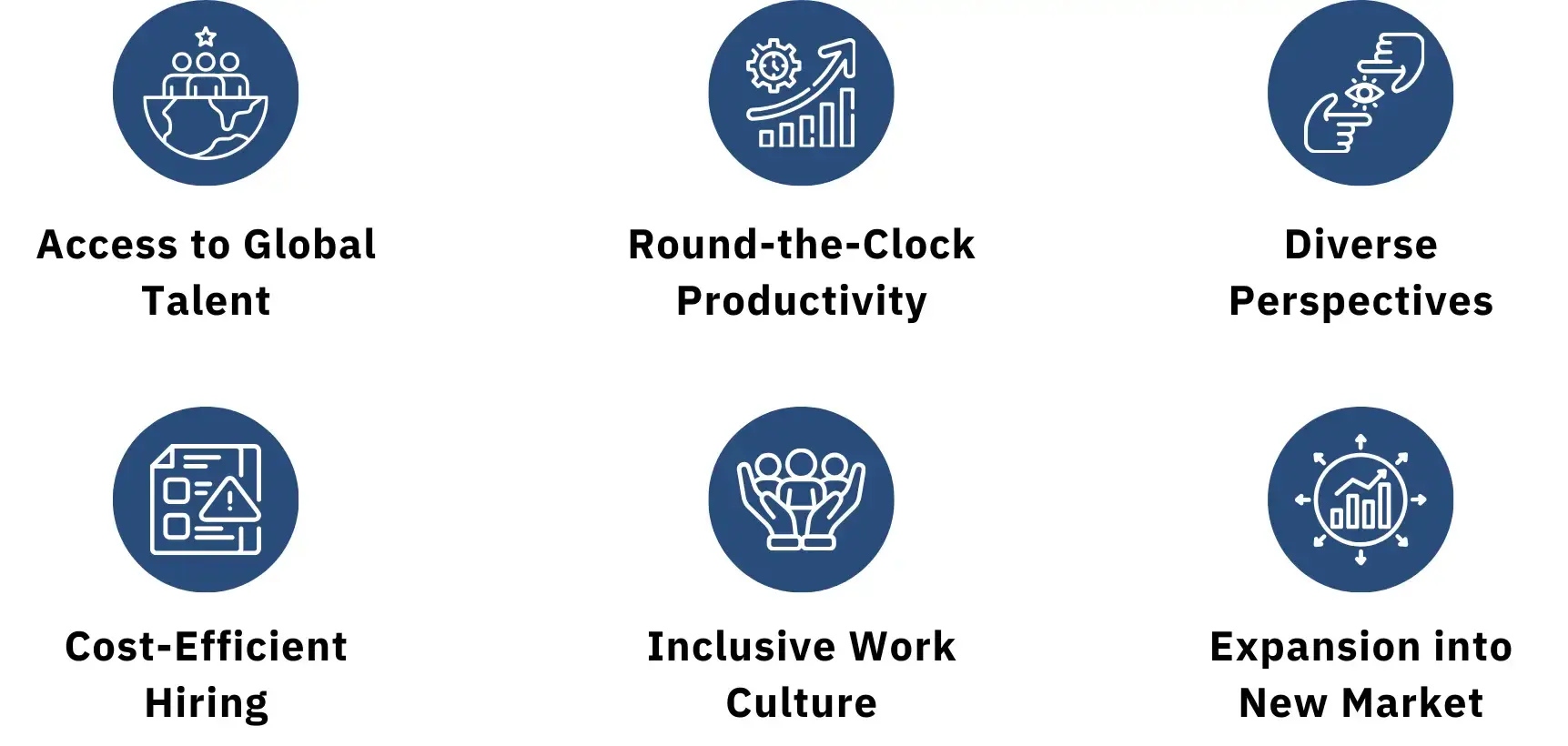China’s ESG Reporting Standards: Preparing Businesses for 2026 and Beyond

China is entering a new era of corporate accountability.
For years, sustainability reporting in the country remained voluntary — guided largely by investor expectations rather than regulation. That phase is coming to an end.
With the rollout of the Chinese Sustainability Disclosure Standards (CSDS) and the new stock-exchange ESG disclosure rules, China is establishing one of the most comprehensive sustainability reporting frameworks in Asia. From 2026, large listed and dual-listed companies will be required to release full ESG reports for the 2025 financial year.
These standards, which will become fully operational by 2030, are designed to bring Chinese businesses in line with international norms such as the ISSB (International Sustainability Standards Board) and the EU’s CSRD (Corporate Sustainability Reporting Directive).
For companies — both domestic and international, this signals a major shift:
ESG compliance will no longer be optional or reputation-driven; it will become a formal, regulated part of doing business in China.
This article examines what the CSDS framework entails, how the reporting timeline unfolds, and what steps businesses should take now to stay ahead of the curve.
Table Of Content
China’s ESG Reforms: At a Glance
China is building a comprehensive sustainability reporting system that will fundamentally change how companies disclose non-financial performance. The Chinese Sustainability Disclosure Standards (CSDS) are at the heart of this framework—setting out how organisations must report on governance, environmental impact, and social responsibility in a consistent, verifiable way.
The following table summarises key milestones and what they mean for businesses operating in China:
| Item | Status / Timeline | Notes for Businesses |
|---|---|---|
| ESG Reporting Guidelines on Stock Exchanges | Effective 1 May 2024 | Listed and dual-listed companies must publish their first sustainability reports for the 2025 financial year by April 2026. Smaller firms are encouraged to disclose voluntarily. |
| CSDS – Basic Standard | Finalised December 2024 | Provides the foundation for national sustainability disclosure, establishing general principles and baseline requirements. Voluntary adoption is open ahead of mandatory rollout. |
| CSDS – Thematic Standards (e.g. Climate) | Drafts issued April 2025 | Introduces sector-specific topics such as climate impact, energy transition, and workforce practices. Closely reflects the global IFRS S2 climate reporting framework. |
| Mandatory Reporting Begins | April 2026, covering FY 2025 | Initially applies to roughly 400 large listed companies across China’s major stock exchanges. Compliance will expand gradually. |
| Full CSDS Implementation | Targeted by 2030 | The system will become fully operational across most sectors, including medium-sized enterprises and foreign-invested companies. |
These reforms represent a decisive transition from voluntary sustainability statements to legally required ESG disclosures—a development every international business should prepare for.
Structure & Key Principles of the CSDS in China
Three-Tier Framework
The Chinese Sustainability Disclosure Standards (CSDS) have been designed as a layered framework to ensure clarity, flexibility, and progressive adoption.
The three components are:
- Basic Standards – The overarching rules governing sustainability reporting. They define key principles around governance, strategic planning, risk management, and measurable performance indicators.
- Thematic Standards— Detailed requirements for high-impact topics such as carbon emissions, biodiversity, social welfare, and water stewardship. These standards evolve by industry to reflect material risks and sectoral priorities.
- Application Guidance— Practical documents that explain how companies can collect data, verify metrics, and implement reporting efficiently, often including case studies and recommended methodologies.
For example, the Climate Disclosure Standard (CSDS No. 1) — released in draft form in 2025—asks companies to disclose their carbon footprint, adaptation plans, and energy-transition pathways in alignment with global climate reporting norms.
Core Principles
The CSDS framework is guided by several defining principles:
- Double Materiality— Firms must assess both how sustainability factors influence financial outcomes and how their activities affect society and the environment.
- Alignment with International Frameworks – The structure draws inspiration from the International Sustainability Standards Board (ISSB) to ensure cross-border comparability.
- Phased and Proportionate Roll-out – Implementation will be gradual, beginning with major listed companies before expanding to a wider base of enterprises.
- Reliability and Verifiability – All reported data should be consistent, traceable, and supported by clear evidence to strengthen stakeholder trust.
- Flexibility in Methodology – Organisations may choose reporting methods that suit their operational maturity, provided disclosures remain transparent and auditable.
Four-Pillar Disclosure Framework
China’s ESG system mirrors the familiar four-pillar structure adopted globally, ensuring consistency and comparability:
- Governance – Board oversight, accountability structures, and ESG integration into decision-making.
- Strategy – Identification of sustainability risks and opportunities and their impact on long-term value.
- Risk and Opportunity Management – Processes for assessing, managing, and monitoring ESG-related risks.
- Metrics and Targets – Quantifiable indicators to evaluate performance and progress against objectives.
Stock Exchanges and Regulatory Phases in China
Exchange-Level Requirements
In 2024, China’s three major stock exchanges—Shanghai (SSE), Shenzhen (SZSE), and Beijing (BSE)—jointly introduced new sustainability reporting rules.
These require:
- Companies within major indices such as the SSE 180, STAR 50, SZSE 100, and ChiNext to issue sustainability reports for the 2025 financial year by 30 April 2026.
- Dual-listed firms, trading both domestically and overseas, to comply with the same timeline.
- Other listed companies follow these guidelines voluntarily to maintain market credibility.
At present, the Beijing Exchange continues to promote voluntary disclosures but is expected to adopt mandatory rules later in the decade.
Phased Implementation Timeline
| Period | Focus Area | Expected Outcome |
|---|---|---|
| 2024–2026 | Pilot phase and voluntary adoption | Companies begin aligning existing reports to CSDS structure and build internal capacity. |
| 2026 | Mandatory reporting for major listed firms | First compulsory ESG reports due, covering FY 2025. |
| 2027–2029 | Thematic expansion | Industry-specific reporting standards (e.g. climate, water, labour) become binding. |
| 2030 | Nationwide compliance | CSDS becomes the standard ESG reporting framework across most sectors and company sizes. |
By 2030, China aims to achieve a unified disclosure regime consistent with international ESG practices, creating a level playing field for domestic and multinational companies alike.
Practical Steps for Businesses in china for 2026
To prepare effectively, companies — particularly those with operations or partnerships in China — should take the following actions:
Conduct a Gap Assessment
Evaluate how current sustainability disclosures compare with CSDS expectations. Identify areas where data, governance processes, or controls require strengthening.
Build Data Infrastructure
Create integrated data systems that link operational, environmental, and financial metrics. Automation tools can improve reliability and traceability.
Design a Reporting Framework
Structure ESG disclosures around the four CSDS pillars. Pilot voluntary reporting before the 2026 deadline to test readiness.
Cross-Jurisdiction Alignment
For multinational entities, map the Chinese standards against international frameworks such as the EU CSRD or ISSB to ensure consistent global reporting.
Strengthen Governance and Oversight
Train leadership teams on ESG responsibilities and incorporate sustainability metrics into executive performance reviews.
Monitor Regulatory Updates
Stay informed through regular policy tracking and public consultations. China’s sustainability regulations are evolving rapidly, and early awareness will reduce compliance risk.
Read our guide on: China’s Payroll and Tax Information
Key Risks, Challenges and Mitigation for businesses in China
| Challenge | Impact | Recommended Response |
|---|---|---|
| Inconsistent or incomplete ESG data | Reduced comparability and credibility. | Implement centralised data management and external verification.. |
| Divergent global standards | Duplication of effort across markets | Harmonise KPIs and reporting templates. |
| Limited internal capacity | Strain on smaller subsidiaries | Provide training and shared-service ESG support. |
| Unclear regulatory details | Risk of misinterpretation | Engage local legal and advisory experts. |
| Supplier compliance gaps | Disruption to the reporting chain. | Incorporate ESG clauses in procurement contracts and monitor suppliers. |
Opportunities and Strategic Advantages for Business in China
Although the CSDS brings compliance obligations, it also offers significant upside for early adopters:
- Enhanced Investor Confidence – Consistent ESG reporting improves transparency and attracts responsible investment.
- Access to Sustainable Finance – Banks are increasingly linking loan rates to ESG performance.
- Operational Efficiency – Systematic tracking of resource use and emissions often reveals cost-saving opportunities.
- Reputation and Trust – Transparent reporting differentiates brands in a competitive market.
- First-Mover Advantage – Companies ready ahead of regulation may qualify for incentives and favourable financing conditions.
What to Watch in 2026 and Beyond
- Publication of final thematic CSDS standards on climate, biodiversity, and social factors.
- Emergence of third-party assurance requirements for ESG disclosures.
- Gradual extension of reporting obligations to SMEs and private enterprises.
- Rapid development of green finance instruments, including sustainability-linked bonds and loans.
- Ongoing efforts to harmonise CSDS with global standards such as ISSB, CSRD, and the EU taxonomy.
- Heightened scrutiny of greenwashing and false sustainability claims.
Stay Compliant with Our Services to Grow Your Team in China.
Conclusion
China’s move towards mandatory ESG reporting marks one of the most significant regulatory shifts in Asia’s corporate landscape.
While compliance will demand new systems, skills, and governance structures, it also presents an opportunity to build stronger, more transparent businesses aligned with global sustainability goals.
Practical next steps for companies:
- Commission an ESG readiness review tailored to Chinese regulations.
- Begin preparing a pilot sustainability report for FY 2025.
- Align internal metrics with both CSDS and home-country standards.
- Develop supplier engagement programmes to ensure data consistency.
- Establish ongoing policy monitoring to track regulatory developments.
At Galaxy Group, we assist companies in transforming ESG compliance into a source of strategic advantage—from data architecture to disclosure readiness and stakeholder alignment.
Get ESG-Ready with Galaxy Group
Our advisory specialists help multinational and domestic companies build ESG reporting systems, align with CSDS standards, and navigate China’s 2026 sustainability mandates.
FAQ’S
When do China’s ESG reporting rules become mandatory?
The first mandatory reports—covering the 2025 financial year—are due by 30 April 2026.
Who must comply initially?
Large-cap and dual-listed firms on the Shanghai, Shenzhen, and Beijing stock exchanges.
What is “double materiality”?
It refers to assessing both how sustainability risks affect a company’s performance and how that company’s actions affect society and the environment.
Will smaller companies also need to comply?
Yes. While initially voluntary, small and medium-sized enterprises will gradually be included before 2030.
How do these rules align with global ESG standards?
China’s CSDS mirrors international frameworks such as ISSB (IFRS S1/S2) and Europe’s CSRD, promoting cross-border consistency.
What should multinational businesses do now?
Conduct a readiness audit, enhance ESG data systems, and align reporting with both CSDS and home-market standards.

